Students Fly to South Africa as Part of MPNL Course
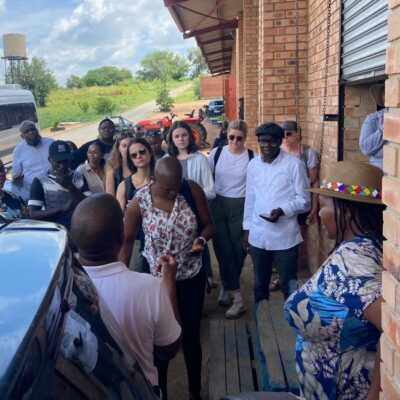
This year, graduate students in the MPNL program flew from Canada to Johannesburg, South Africa, as part of an MPNL course, Philanthropy and the SDGs, run in conjunction with the Centre for African Philanthropy and Social Investment at the University of the Witwatersrand (Wits University).
“The course attracted me because I don’t know a lot about African philanthropy and the SDGs,” says MPNL student Katelyn MacCormac. “A lot of my background in the nonprofit sector is connected to accessibility organizations — but I know there’s so much more to the sector. This was a good opportunity for me to grow into roles involving international development, and it was cool to spend a semester online learning with the South African professors and students.”
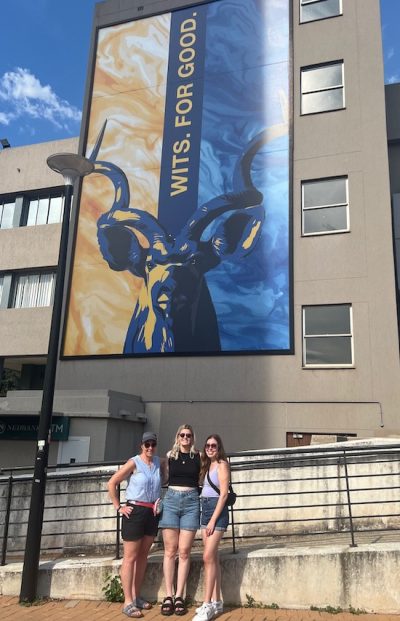
The online course was conducted for both the Canadian and South African students, who, like the MPNL students, are also completing a masters degree in philanthropy.
“I’d never heard of the Sustainable Development Goals, and taking the course was my first in-depth look at what they mean and how they’re part of an international agenda,” says MPNL student Emma Murgida.
The 17 SDGs are UN-declared calls to action to end poverty, improve health, reduce inequality, tackle climate change and attain other goals before 2030.
“I learned what different parts of the world are doing to address the SDGs, especially because the 2030 goal is approaching,” Murgida says. “The field visits in South Africa helped with that, as did the academic analyses from the South African instructors in class. It was a holistic experience.”
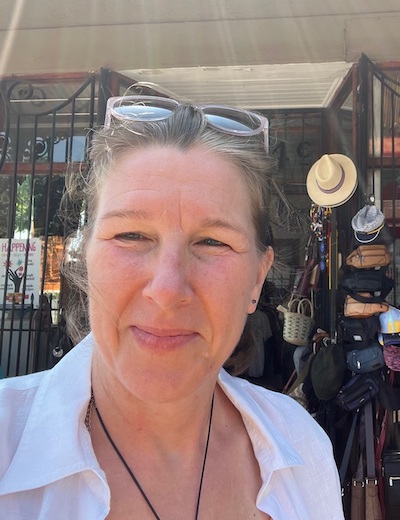
MPNL student Meghan Maack agrees. “Via Zoom, we’d had three or four sessions, led by professors at Wits University, and meeting the students and profs in person in Johannesburg was exciting.”
“We visited a farm and learned about sustainability practices there, such as growing indigenous Africa crops and using local seeds,” MacCormac adds. “The woman running the farm, Siphiwe Sithole, was focused on SDG #2, which is about ending hunger, achieving food security, improving nutrition and promoting sustainable agriculture globally. Her programming empowers other farmers, who she partners with, so that they can expand their operations. There’s an educational component for kids and people who don’t know about sustainable farming.”
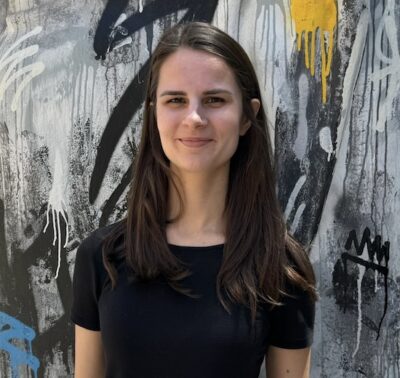
MPNL student Katelyn James visited the same farm, run by African Marmalade, a nonprofit organization that supports small-scale farmers to grow indigenous African crops.
“Siphiwe Sithole, the founder, explained that her goal is to decolonize food and create sustainable businesses for farmers,” James explains. “Education and advocacy are a big part of her work. The indigenous crops are nutritious and drought-resistant, but knowledge about growing them has been mainly lost. As more and more farmers learn how to grow these crops and share their knowledge, the impact is multiplied.”
James was also impressed with Gender Links, a South African women’s rights organization, especially with how it engaged graduate students and how it worked within feminist principles.
“When we were at Gender Links, the day started like we were in a classroom, sitting in a U shape, and everyone was engaged, both the Canadian MPNL students and the students at the Centre for African Philanthropy program,” James adds. “It was a bit like the MPNL’s Summer Institute, because of the high level of engagement and level of learning.”
“And there were connections to my work,” James says. “Gender Links runs a lot of programs, one of which is a shelter, and their work is based on feminist principles and shifting power and equity. The organizations where I’ve worked are interested in those principles and themes as well. There was a lot of overlap there.”
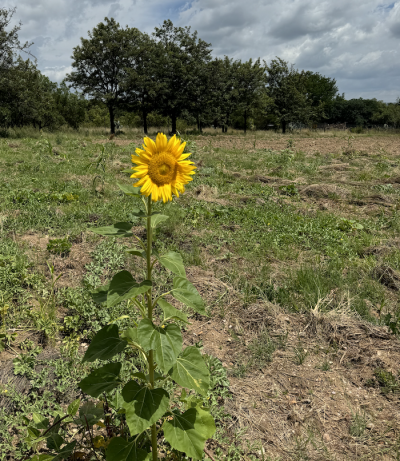
“We visited one of Gender Links main locations, which was beautiful,” adds Katelyn MacCormac. “The location is for conferences and women who meet to discuss their experiences. The organization also provides women with entrepreneurship training, so that they can work to be economically independent.”
“There are many similarities with what’s happening in Canada,” adds Emma Murgida. “Housing was difficult for women facing gender-based violence, because they can’t access bank accounts on their own and other barriers. In Canada, I’ve seen some of those things with the people I’ve worked with in the shelter system: they don’t have IDs, so they can’t apply for bank accounts or get documents that they need, which makes getting housing more difficult. There’s a lot to learn between Canada and South Africa.”
“It’s been interesting to think about growing into this area, as it’s not one that I would have seen myself working in before the course,” MacCormac says. “And since I’ve been back, I’ve met many people who tell me that African philanthropy and the SDGs, or the links between Canada and the sustainable development that’s happening in Africa, are part of their work.”
“The course was great,” Katelyn James adds. “It was the highlight of the MPNL program for me.”
Photos are courtesy of Katelyn MacCormac, Meghan Maack, Emma Murgida and Katelyn James.